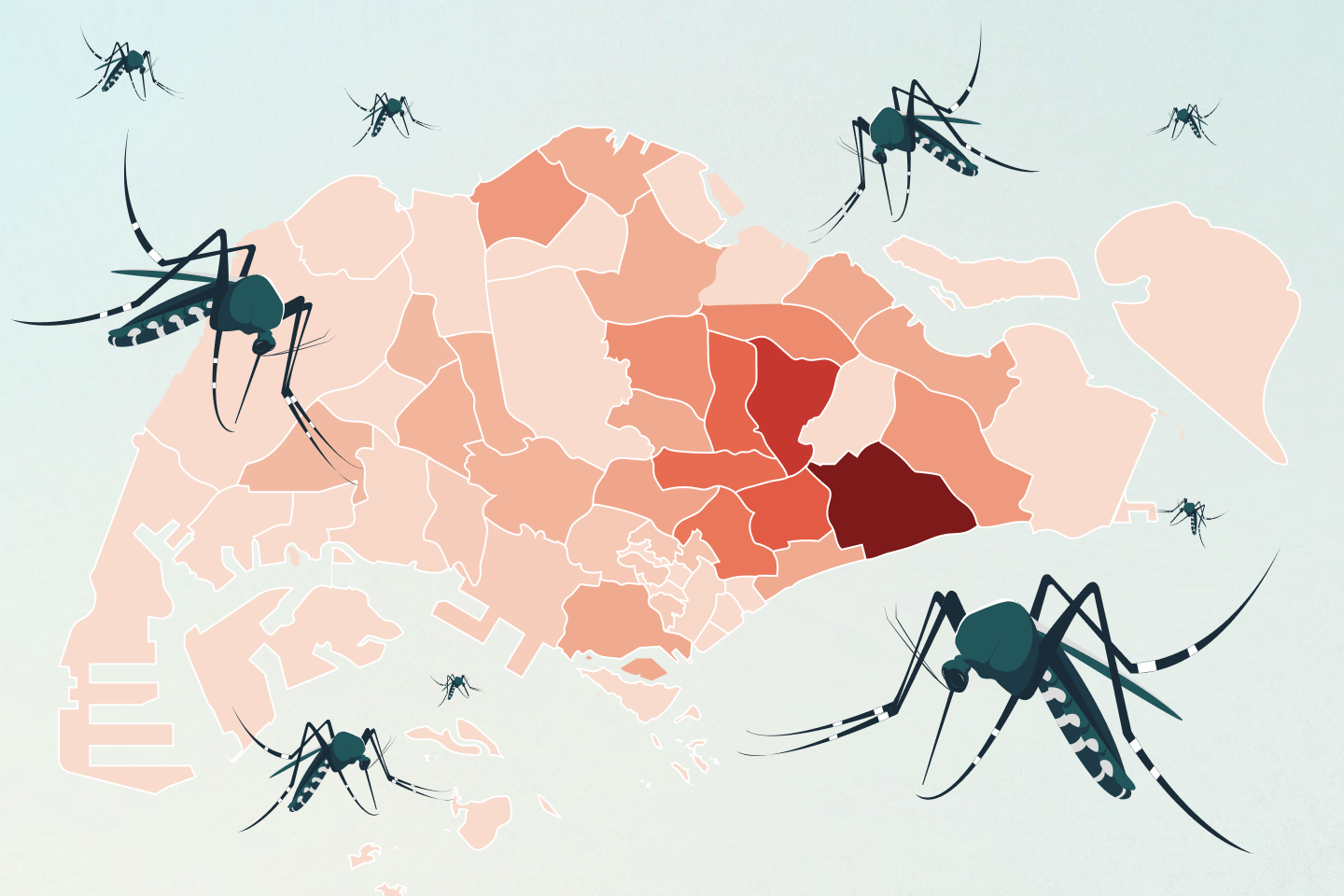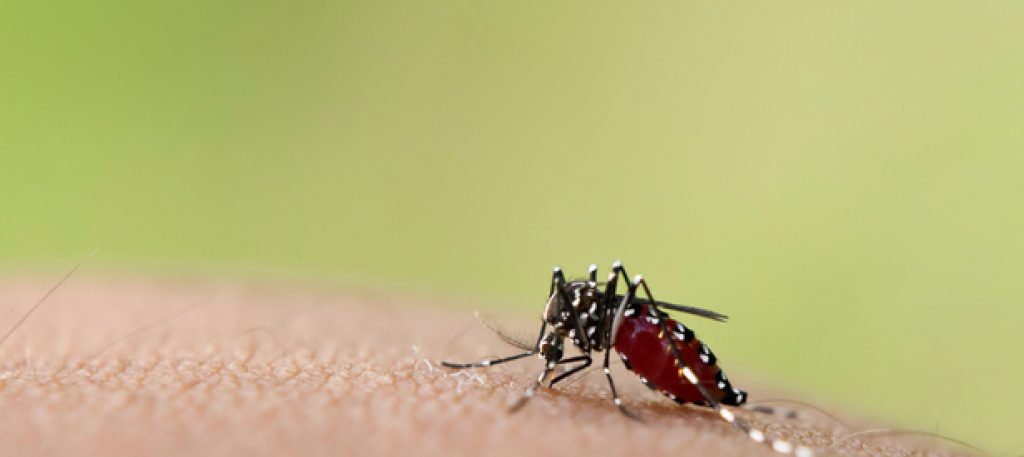
The National Environment Agency (NEA) emphasized the necessity for ongoing immediate measures to avert a potential rise in dengue infections this year. In the first quarter of 2024, dengue infections doubled, and seven deaths were recorded.
Related: Are you a mosquito magnet? It could be the smell of your skin.
Singapore is currently grappling with a sharp increase in dengue infections, as reported cases in the first quarter of the year have more than doubled compared to the same period in 2023. According to the National Environment Agency (NEA), over 5,000 dengue cases were recorded, marking a significant spike from the 2,360 cases reported during the corresponding quarter last year.
As of March 25, seven individuals have succumbed to local dengue infections, a stark contrast to the six fatalities recorded throughout the entirety of 2023.
These statistics were unveiled during the launch of the national dengue prevention campaign on Sunday, preceding the traditional peak dengue season from May to October.

Expressing concern, Senior Parliamentary Secretary for Sustainability and the Environment Baey Yam Keng highlighted, “What’s worrying is that this year we are seeing an increase in the number of cases. We have weekly dengue cases of more than 300 in this first quarter.”
Moreover, the population of Aedes aegypti mosquitoes remains elevated, with the number of Aedes mosquito breeding sites discovered at residential properties in January doubling from the previous January.
According to the latest update on the NEA’s website, there are currently 27 dengue clusters categorized under the “red” alert level as of March 28, indicating high-risk areas with 10 or more cases.
“The agency noted, “Our population in Singapore has low immunity to all four Dengue virus serotypes as well.” The continued presence of these dengue risk factors may lead to a surge in dengue cases in the coming months if insufficient action is taken.”
The agency also highlighted that a dengue outbreak was successfully averted last year thanks to intensified prevention and control measures. Consequently, the number of dengue infections plummeted by 69 percent, dropping from 32,173 cases in 2022 to 9,949.
In 2023, the NEA conducted over 813,000 inspections, leading to the discovery of more than 19,600 mosquito breeding habitats. Of these, slightly over half were located in homes, 38 percent in public areas, and 5 percent at construction sites.
Moreover, approximately 11,200 enforcement actions were initiated against premises owners for mosquito breeding, alongside around 800 enforcement actions and 108 stop-work orders issued to construction sites. Additionally, more than 100 contractors faced charges in court for repeat offences related to mosquito breeding.
NEA emphasized that, as with last year, collaborating with stakeholders to enhance community awareness and dengue prevention efforts is crucial in combating dengue.
“The National Dengue Prevention Campaign 2024 underscores the importance of dengue prevention as a social responsibility and will persist in mobilizing the community to stay vigilant and mitigate the risk of dengue infection,” it added.




